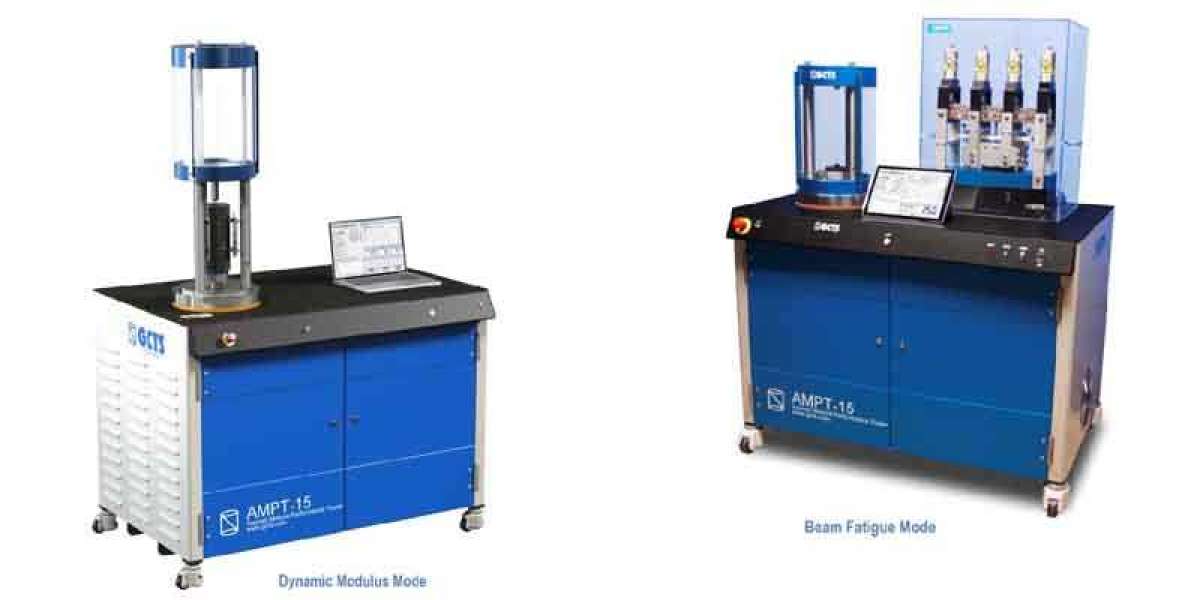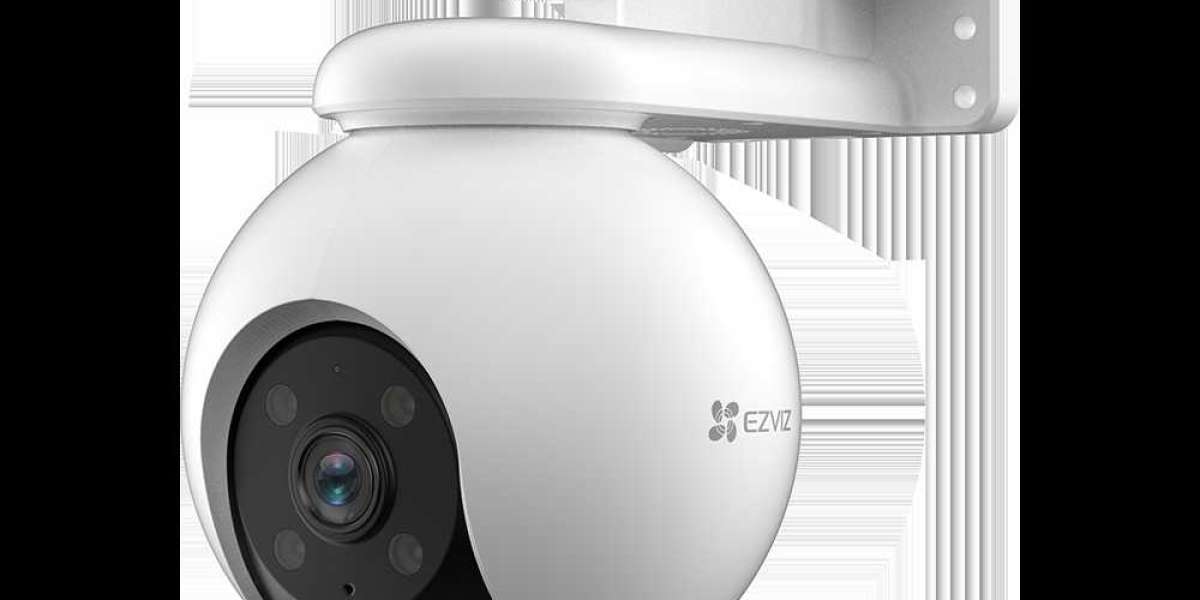Field testing services are crucial for engineers working in various domains, including construction, geotechnical engineering, civil engineering, and environmental science. These services provide on-site evaluations and data collection to determine the quality, integrity, and performance of materials, structures, or systems under real-world conditions. Field testing is an essential part of ensuring safety, compliance with standards, and optimal performance of engineering projects. This comprehensive guide delves into the different aspects of field testing services, their importance, and the methods employed to achieve accurate results.
Importance of Field Testing Services
Field testing services play a pivotal role in the successful execution of engineering projects. They help engineers identify potential issues early on, reduce project risks, and ensure the safety and longevity of structures. Here are some key reasons why field testing is vital:
- Quality Assurance and Control: Field testing provides assurance that the materials used in construction or manufacturing meet the required specifications and standards. This is critical for maintaining the quality of the final product and preventing future failures.
- Safety Compliance: Ensuring safety is a top priority for all engineering projects. Field testing helps verify that all safety regulations and guidelines are met, reducing the risk of accidents or catastrophic failures.
- Cost Efficiency: Identifying issues early in the project lifecycle through field testing can save significant costs associated with repairs, replacements, or delays. It also helps optimize material use, reducing wastage and unnecessary expenses.
- Environmental Impact Assessment: Field testing is often required to assess the environmental impact of construction or industrial activities. This can include testing for soil contamination, water quality, and other environmental factors that may be affected by a project.
- Structural Integrity Verification: Testing services help determine the structural integrity of buildings, bridges, dams, and other infrastructure. Engineers can use field tests to assess the durability and load-bearing capacity of these structures under various conditions.
Types of Field Testing Services
Field testing services can be broadly categorized based on the type of materials being tested, the methods used, and the objectives of the tests. Some of the most common types of field testing services are:
- Soil and Geotechnical Testing: These tests determine the properties of soil, such as its compaction, strength, permeability, and moisture content. Soil testing is essential for foundation design, slope stability analysis, and earthwork construction.
- Concrete and Asphalt Testing: These services involve testing the quality and durability of concrete and asphalt used in construction. Common tests include compressive strength tests, slump tests, and core sampling to assess the quality of these materials.
- Non-Destructive Testing (NDT): NDT methods, such as ultrasonic testing, radiography, magnetic particle testing, and eddy current testing, are used to evaluate the properties of a material or structure without causing any damage. These tests are crucial for detecting flaws or defects in materials, such as cracks or voids, that may compromise structural integrity.
- Structural Load Testing: This involves applying controlled loads to structures or components to assess their performance under different conditions. Load testing is critical for ensuring that structures can safely withstand the forces they will encounter during their service life.
- Environmental Testing: Field testing services for environmental assessment include testing soil, water, and air samples for contaminants. These tests are often conducted before, during, and after construction to ensure compliance with environmental regulations and minimize the impact on surrounding ecosystems.
- Utility and Pipeline Testing: This type of testing involves evaluating underground utilities, such as pipelines, water mains, and gas lines, for leaks, corrosion, and structural integrity. Techniques like ground-penetrating radar, pressure testing, and camera inspections are commonly used.
Equipment Used in Field Testing
Field testing services rely on specialized equipment to carry out various tests effectively. Some of the essential tools and instruments used in field testing include:
- Soil Testing Kits: These kits typically include tools for collecting soil samples and devices for measuring parameters such as moisture content, density, and compaction.
- Concrete Test Hammers: Used to assess the surface hardness of concrete, these hammers provide a quick and non-destructive way to evaluate the compressive strength of concrete.
- Ultrasonic Testing Equipment: Ultrasonic testing devices, like the PUNDIT UPV tester, are used for non-destructive testing of concrete and other materials. The PUNDIT UPV tester measures the velocity of ultrasonic pulses passing through the material to identify internal flaws, cracks, or voids. This type of testing is particularly useful in evaluating the integrity of concrete structures and detecting defects that are not visible to the naked eye.
- Ground-Penetrating Radar (GPR): GPR is used for subsurface investigations, such as locating underground utilities, voids, and anomalies in the ground. It is a non-invasive method that provides real-time data on subsurface conditions.
- Pressure Testing Equipment: Used for pipeline and utility testing, pressure testing equipment helps detect leaks and assess the structural integrity of pipes and conduits under pressure.
- Environmental Monitoring Instruments: These include devices like pH meters, turbidity meters, gas analyzers, and spectrometers to measure various environmental parameters.
Steps Involved in Conducting Field Testing
Conducting field testing involves several steps, each crucial for ensuring accurate results. The typical process includes:
- Planning and Preparation: The first step in field testing is to develop a testing plan that outlines the objectives, methods, and equipment to be used. This plan should also consider any safety and environmental concerns.
- Sample Collection: Samples of materials such as soil, water, or concrete are collected according to standard procedures. Proper sampling techniques are critical to ensure the accuracy and reliability of test results.
- On-Site Testing: Tests are conducted on-site using the appropriate equipment and methods. This may involve both destructive and non-destructive testing techniques, depending on the objectives of the test.
- Data Collection and Analysis: During testing, data is collected and recorded for further analysis. Engineers analyze this data to determine the properties and performance of the tested materials or structures.
- Reporting and Documentation: A detailed report is prepared, summarizing the test results, findings, and recommendations. This report is crucial for decision-making, ensuring compliance, and maintaining records for future reference.
Challenges in Field Testing
Field testing presents several challenges that engineers must navigate to obtain accurate and reliable results:
- Environmental Conditions: Testing in real-world environments can be unpredictable due to weather conditions, site accessibility, and other external factors that may impact testing procedures.
- Equipment Limitations: The accuracy and reliability of field testing depend heavily on the equipment used. Equipment must be regularly calibrated and maintained to ensure it functions correctly.
- Data Interpretation: Interpreting data from field tests can be complex and requires expertise. Engineers must be familiar with the specific properties and behavior of the materials they are testing to draw accurate conclusions.
- Safety Concerns: Conducting field tests often involves working in potentially hazardous conditions, such as confined spaces, heights, or areas with heavy machinery. Ensuring safety is paramount to protect both personnel and equipment.
Conclusion
Field testing services are indispensable tools for engineers across various disciplines. They provide critical data and insights needed to make informed decisions, ensure safety and compliance, and optimize the performance and longevity of engineering projects. From non-destructive testing methods like the PUNDIT UPV tester to environmental assessments, field testing covers a wide range of services that are essential for the modern engineer. By understanding the types, processes, and challenges of field testing, engineers can better prepare for and execute successful projects, ensuring safety, quality, and sustainability in their work.






